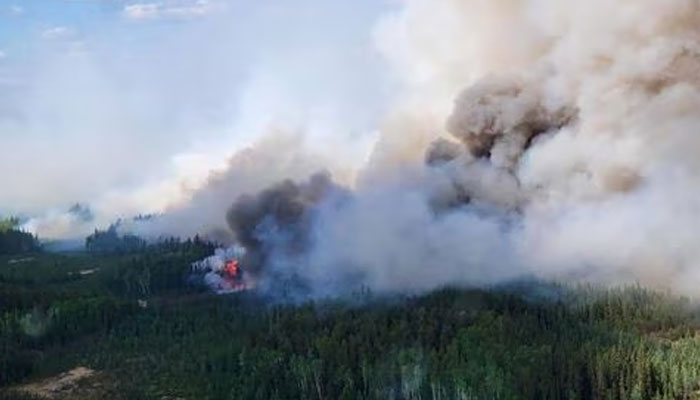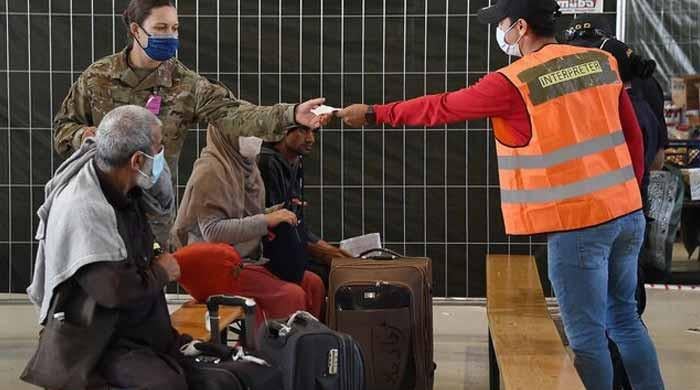Canadian wildfires trigger health alerts in New York and Ottawa
Wildfires have ignited in almost all of Canada's provinces and territories, with Quebec being the hardest
June 07, 2023

Health authorities in New York, Toronto, and Ottawa have issued warnings to residents about the health hazards caused by smoke from the unusually early and intense summer wildfires in eastern Canada.
These wildfires, which have started earlier than usual, have put Canada on track for its most severe wildfire season to date, with warm and dry conditions expected to persist for months.
Wildfires have ignited in almost all of Canada's provinces and territories, with Quebec being the hardest hit due to multiple fires caused by lightning strikes. In response, the New York State Department of Environmental Conservation has issued a health advisory for counties including New York, Bronx, and Queens. The advisory recommends that residents limit strenuous outdoor activities to minimize the risk of adverse health effects.
Neighboring Ottawa, the Canadian capital, has experienced hazy conditions with very poor air quality, as indicated by Environment Canada's Air Quality Health Index. Smoke plumes from both local forest fires and fires in Quebec have contributed to the deteriorated air quality. Similarly, Toronto has also been affected by polluted air, and the situation is expected to persist throughout the week, according to the government-run weather agency.
Environment Canada has emphasized that even low concentrations of wildfire smoke can be harmful to health, particularly for individuals with lung or heart diseases, older adults, children, and pregnant women. Canada's Foreign Minister, Melanie Joly, expressed gratitude to the United States, Mexico, South Africa, and France for sending firefighters to assist with the ongoing wildfires.
The unprecedented wildfires in eastern Canada have led to widespread home evacuations and the deployment of military personnel by the federal government. Over 3.3 million hectares of land have already been burned, which is thirteen times the ten-year average and more than 120,000 people have been temporarily displaced from their homes. Prime Minister Justin Trudeau urged the public to follow the guidance of local authorities to ensure their safety in affected areas, including Ottawa, where smoke from the wildfires has had an impact.









